Foreigners looking to invest in property in Singapore have access to a variety of residential and commercial options, with specific regulations guiding their investments. While they can purchase non-landed properties like condominiums without restrictions, landed properties such as terraced houses or bungalows require prior approval from the Singapore Land Authority (SLA). The SLA's guidelines ensure that foreign ownership does not exceed 10% of a development to maintain market stability. Rental income is taxed progressively, similar to personal income taxes, and since January 2021, foreign buyers are subject to an Additional Buyer's Stamp Duty (ABSD) of 20%, which rises to 30% for related entities to non-residents. It's crucial for foreign investors to understand these regulations and associated costs like the Buyer's Stamp Duty (BSD), legal fees, and other transactional expenses. To navigate this market successfully, it is highly recommended that investors seek guidance from real estate professionals and tax consultants. Understanding these conditions helps ensure that foreign investments in Singapore's property market are both compliant and strategic. Can Foreigners Buy Property In Singapore? Absolutely, with the right preparation and professional support.
Navigating the real estate landscape of Singapore as a foreign investor presents unique opportunities and considerations. This comprehensive guide delves into the intricacies of property acquisition for non-residents, highlighting key aspects such as legal frameworks, application processes, and strategic investment tips. Whether you’re looking to secure a residential abode or a lucrative commercial space, understanding the market dynamics and tax implications is paramount. With clear insights into the types of properties available and the practical steps for purchasing property in Singapore, this article serves as an indispensable resource for potential foreign buyers. Can Foreigners Buy Property In Singapore? Absolutely, with careful planning and adherence to local regulations. Explore the nuances that will shape your investment journey within this vibrant city-state’s property market.
- Overview of Singapore's Real Estate Market for Foreign Investors
- Legal Framework Governing Foreign Property Ownership
- Types of Properties Available to Foreign Buyers
- The Application Process for Foreign Property Purchase
- Residential Options for Foreign Investors in Singapore
- Tax Implications and Cost Considerations for Foreign Owners
- Strategic Considerations and Tips for Foreign Investors in Singapore's Property Market
Overview of Singapore's Real Estate Market for Foreign Investors
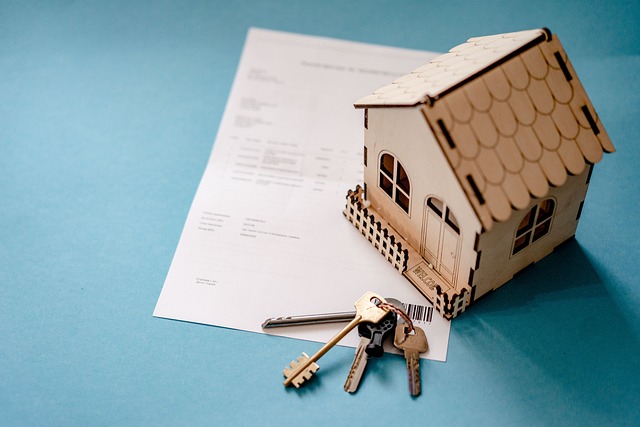
Singapore’s real estate market has long been a subject of interest for investors globally, including foreigners curious about whether they can buy property in this Asian hub. The island nation offers a diverse range of properties, from luxury condominiums to residential apartments and even landed houses, which cater to various investment profiles and lifestyle preferences. For foreigners, the ability to purchase property in Singapore is governed by the country’s strict yet clear regulations.
As of the current regulatory framework, foreigners are permitted to own and purchase properties in Singapore under specific conditions. The Residential Property Act defines who qualifies as a foreigner for the purposes of buying residential property. Generally, Singaporean permanent residents and foreigners are allowed to buy non-landed properties without restriction, such as condominiums or apartments. However, they are subject to the Approval of the Singapore Land Authority (SLA) if they wish to purchase landed properties like terraced houses or bungalows. This policy is in place to ensure a stable and balanced property market, maintaining affordability for its citizens. The process for foreigners to purchase property includes obtaining prior approval from the SLA, which considers factors such as the type of property, the proportion of Singaporean citizens’ and permanent residents’ ownership, and the overall impact on the local housing market. This framework provides a structured approach for foreign investors to navigate the Singaporean real estate landscape, offering opportunities while maintaining the integrity of the market.
Legal Framework Governing Foreign Property Ownership
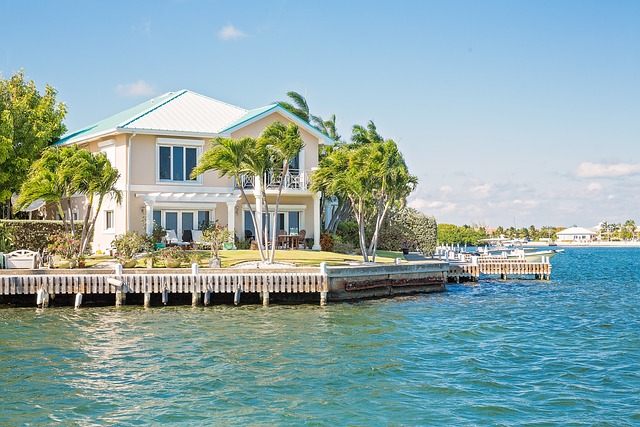
Singapore’s property market is regulated by a clear legal framework that outlines the rights of foreigners to own residential property. The Singapore Land Authority (SLA) and the Singapore government have established guidelines to ensure a healthy balance between accommodating foreign investment and maintaining fair access for both citizens and permanent residents. As of the knowledge cutoff in 2023, foreigners are permitted to purchase condominium units without restriction on resale. However, they are barred from purchasing landed property such as terraced or semi-detached houses, bungalows, and executive condominiums within the first five years of their acquisition unless they obtain an exemption from the Land Dealings Approval Act (LDA). This act is a key component of the legal framework that governs foreign property ownership in Singapore. The LDA requires foreigners to seek approval from the SLA before purchasing residential properties, which is aimed at safeguarding the local property market and preventing speculative buying. Additionally, the government continuously reviews its policies to adapt to the changing economic landscape and ensure compliance with international norms and regulations. Foreign investors interested in Singapore’s property market should thoroughly understand these guidelines and consult with real estate professionals or legal experts to navigate the process smoothly.
Types of Properties Available to Foreign Buyers
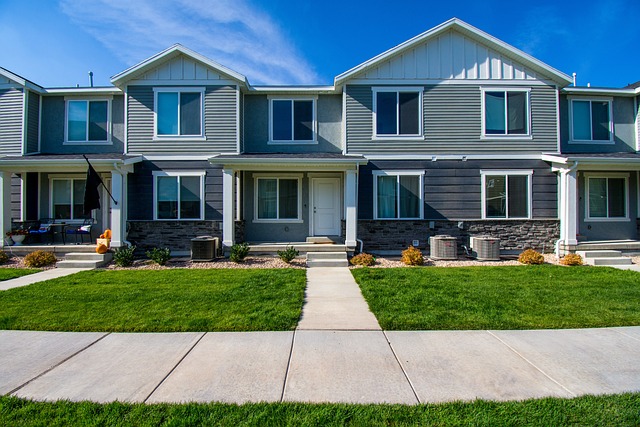
Foreign individuals interested in purchasing property in Singapore have a variety of options to consider, as the country’s real estate market offers a diverse range of properties catering to different needs and preferences. Residential properties, such as condominium units, terraced houses, and landed properties like semi-detached and detached homes, are available for foreign buyers, albeit with some restrictions. Singapore’s robust legal framework dictates that foreigners can only purchase certain types of residential property; they are not permitted to acquire landed properties within the ‘Core Central Region’ (CCR), which includes prime districts such as Districts 9, 10, and 11. However, they are free to buy condominium units in these areas. In addition to residential properties, foreign buyers can invest in a wide array of commercial real estate, including office spaces, retail units, and mixed-use developments. These properties not only serve as investment opportunities but also as a testament to Singapore’s dynamic and diverse property market. It is important for potential investors to understand the legal limitations and to navigate the real estate landscape with guidance from professionals such as real estate agents or lawyers who specialize in foreign property purchases in Singapore. Can Foreigners Buy Property In Singapore? Yes, they can, with a focus on certain types of properties that cater to their eligibility criteria set by the government’s regulatory framework.
The Application Process for Foreign Property Purchase
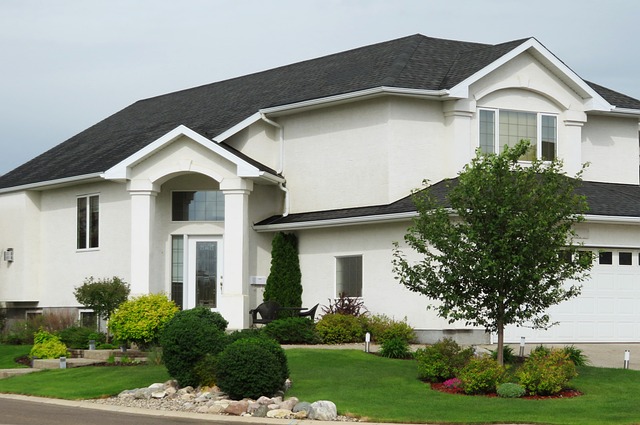
Foreign individuals interested in purchasing property in Singapore must navigate a structured framework governed by the Singapore Land Authority (SLA). The application process for foreigners to buy property within the island-nation is clear but requires adherence to specific rules. To commence the process, potential buyers must identify a Residential Property (Non-Citizen) or Commercial Property (Non-Citizen) as these are specifically designated for foreign ownership. Once a suitable property is found, the foreign buyer must submit an application for Approval of Purchase by Foreigners to the SLA. This application should be accompanied by relevant documents, including proof of identity, financial statements, and details of the proposed property purchase. The SLA will then evaluate the application against eligibility criteria, which include assessing the applicant’s source of funds and ensuring that the property is not in a restricted housing estate. Upon receiving approval from the SLA, foreigners can proceed with the transaction through a Singapore-based lawyer or legal entity, thereby completing the purchase process under the regulatory oversight designed to manage foreign property investments in Singapore. It is crucial for potential buyers to familiarize themselves with these procedures and to consult with real estate professionals who specialize in assisting foreign buyers to ensure a smooth and compliant transaction.
Residential Options for Foreign Investors in Singapore
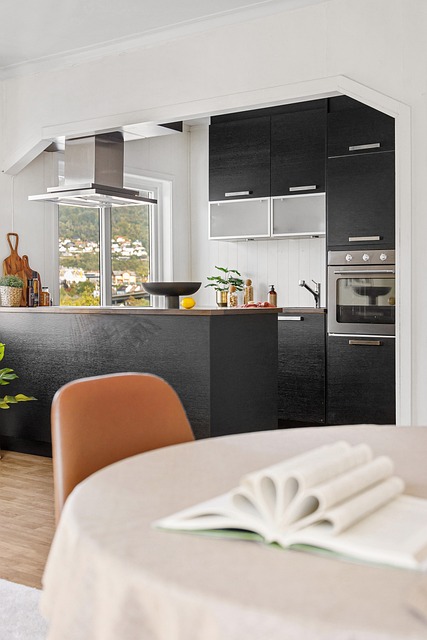
Foreign investors have a range of residential options available to them in Singapore, a nation known for its stable economy and robust property market. The Republic’s property landscape is diverse, offering everything from luxurious condominiums to more modest apartments. Under the Absolute Interest Freehold (AIF) model, foreigners are permitted to purchase certain types of residential properties without restriction. These include new private residences, which are highly sought after due to their full ownership rights and potential for capital appreciation. Additionally, Singapore’s government has implemented policies that allow for a more liberal approach to foreign property investment in an effort to keep the market dynamic and responsive to global trends. Foreigners looking to invest in Singapore’s real estate can explore options such as landed properties in certain areas, subject to approval from the Land Dealings (Approved) Act (LDA). It’s important for potential investors to understand the nuances of these regulations, as they can vary based on the property type and location. Can foreigners buy property in Singapore? The answer is a resounding yes, with careful consideration given to the specific guidelines that apply to their chosen investment. Understanding these rules is crucial for navigating the property market effectively and ensuring compliance with local laws. With its strategic location, political stability, and transparent legal framework, Singapore remains an attractive destination for foreign real estate investors.
Tax Implications and Cost Considerations for Foreign Owners
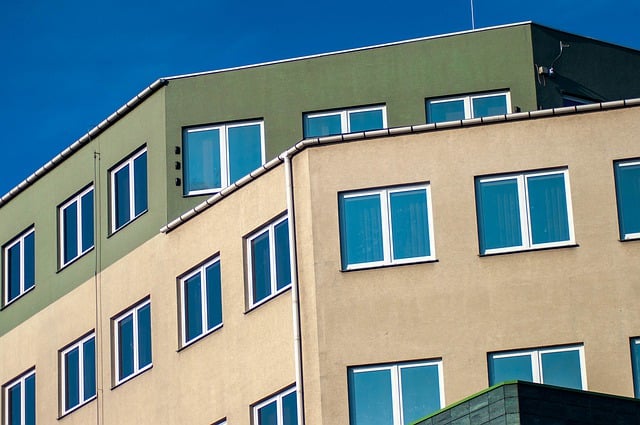
When foreign investors consider purchasing property in Singapore, understanding the tax implications and cost considerations is paramount to make an informed decision. Foreign ownership of property in Singapore is permissible under certain conditions, with land for residential purposes being the most accessible. The Singapore Land Authority (SLA) regulates the percentage of residential land that can be owned by foreigners, typically allowing up to 10% of a development to be sold to them without prior approval. This limitation ensures a balance between protecting local interests and encouraging foreign investment.
In terms of tax, Singapore offers a favorable tax regime for both individuals and corporations. Property owners in Singapore are subject to a progressive income tax rate if the property is rented out. The rental income is taxed at progressive rates, similar to individual income taxes, with a personal tax relief available. For foreign owners, an Additional Buyer’s Stamp Duty (ABSD) of 20% applies for residential properties purchased as of January 2021. This duty aims to curb speculative demand and ensure a stable property market. Additionally, the ABSD rate increases to 30% for entities linked to individuals who are not Singaporeans or permanent residents. Beyond taxes, potential buyers must consider acquisition costs such as the Buyer’s Stamp Duty (BSD), legal fees, and additional costs that may arise during the purchase process. It is advisable for foreigners to engage a real estate lawyer and possibly a tax consultant to navigate these financial requirements effectively. Understanding these considerations will help foreign investors make a strategic entry into the Singaporean property market.
Strategic Considerations and Tips for Foreign Investors in Singapore's Property Market
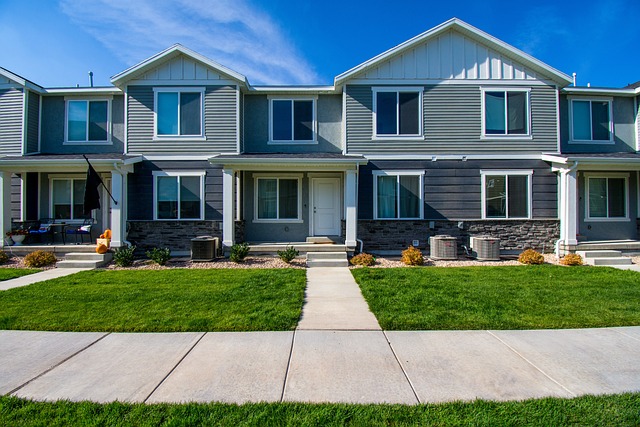
When considering the acquisition of property in Singapore as a foreign investor, it is crucial to navigate the local real estate landscape with strategic foresight. The Republic’s property market, characterized by its resilience and growth potential, offers attractive opportunities for overseas buyers. Foreigners can purchase properties without restriction on most residential options, including condominiums, private apartments, and landed properties such as terraced houses and bungalows. However, they are prohibited from purchasing restricted properties like public housing flats.
To maximize your investment, it is advisable to understand the nuances of Singapore’s property laws, which include the absence of a right to permanent residency or citizenship upon property purchase. Foreigners should also consider the additional buyer’s stamp duty (ABSD) and the seller’s stamp duty (SSD) that are applicable to them. These duties serve as deterrents against property market speculation and ensure a stable market environment. It is imperative to engage with real estate professionals who can provide guidance tailored to your investment goals. Additionally, foreign investors should be aware of the total debt servicing ratio (TDSR) framework, which regulates the amount of income that can be used for serviceing all types of outstanding credit and repayment of any loan or finance leases. By taking these considerations into account and adhering to local regulations, foreign investors can navigate Singapore’s property market with confidence, potentially reaping the benefits of a dynamic and robust investment climate.
